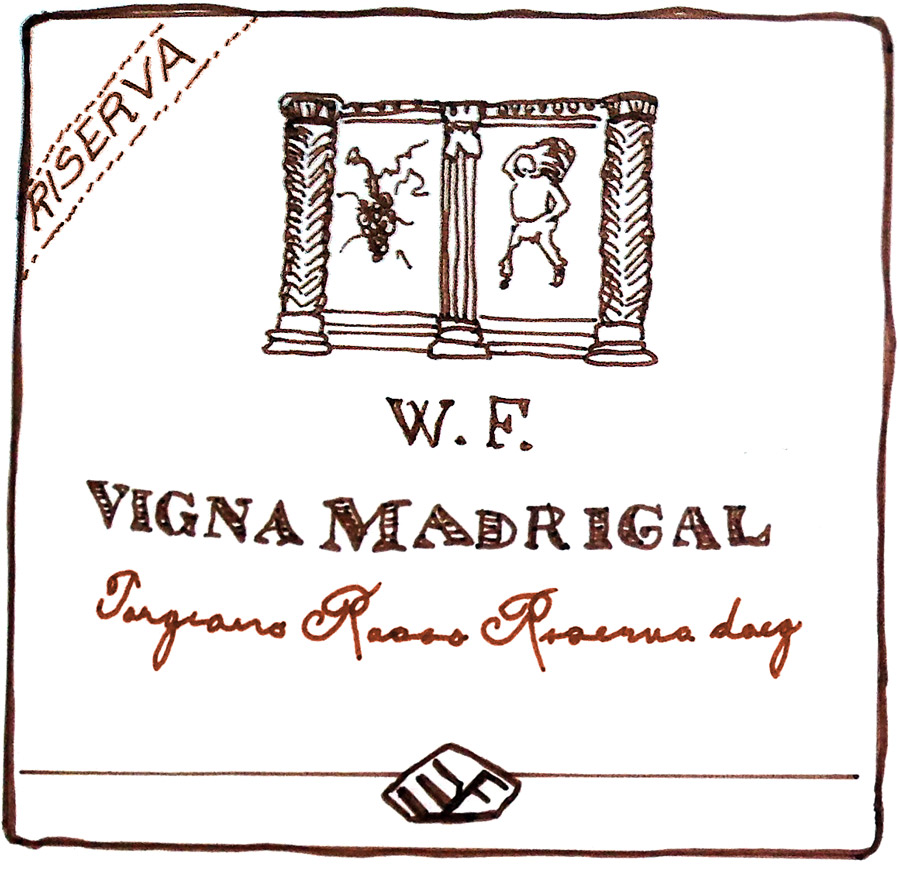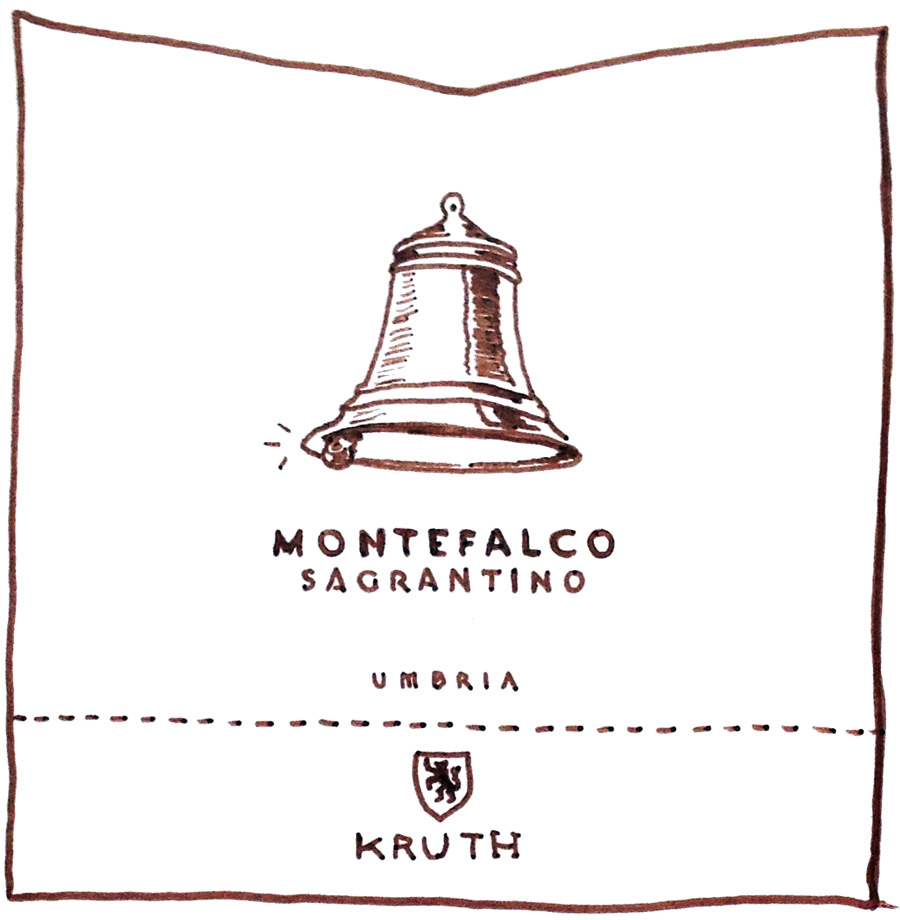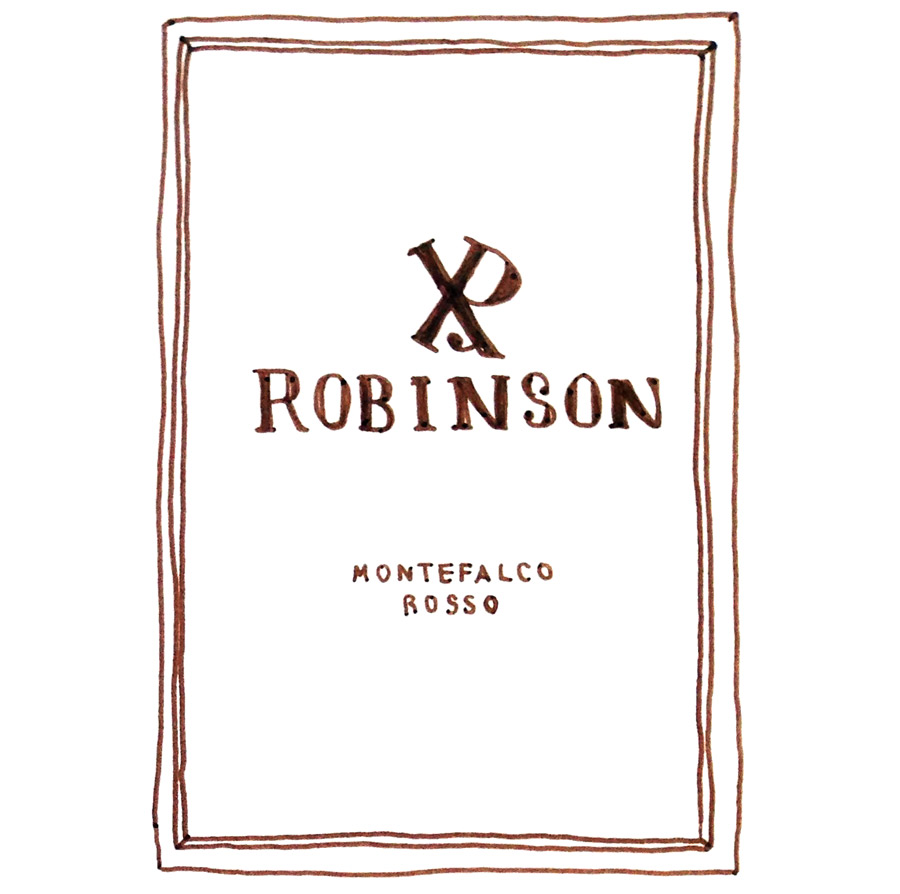Bordering on Tuscany and right above Rome is the lesser-known and lesser-traveled region of Umbria. Here, you’ll find some of the most amazing, delightfully undervalued Italian wines – from the crisp, dry white wines of Grechetto to the deep colored, antioxidant-rich reds of Sagrantino.
Delightfully undervalued Italian wines
The Wines of Umbria
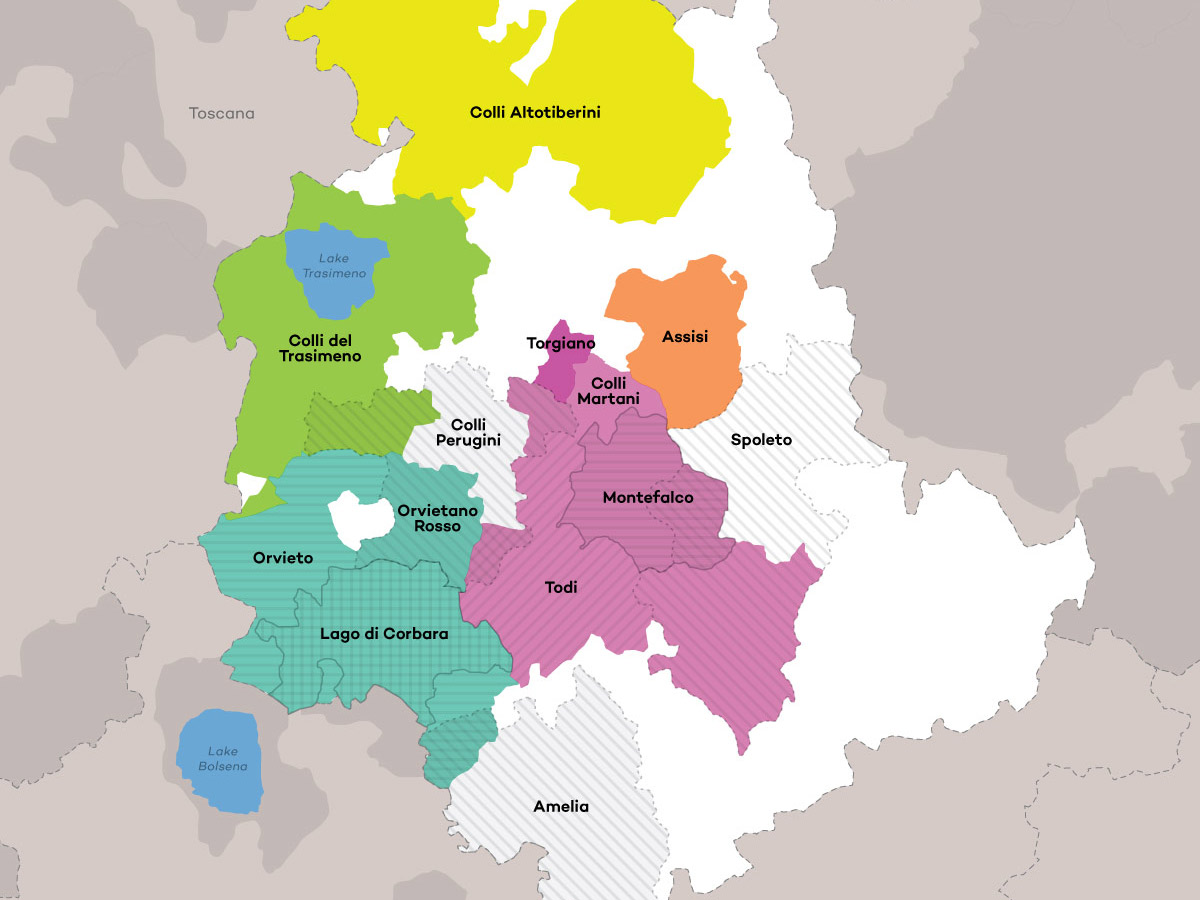
Selected Wines of Umbria
Torgiano Rosso Riserva DOCG
It’s time to start building your cellar
- Blend 50–70% Sangiovese, 15–30% Canaiolo, up to 10% Trebbiano. Other red grapes, like Ciliegiolo and Montepulciano, can comprise up to 15%.
- Expect to spend ~$30
One of two DOCG wines from Umbria. The wine is mostly Sangiovese (50-70%), and the Riserva level must age at least 3 years with a minimum of 6 months in the bottle. Interestingly, the aging requirement is similar to the Gran Selezione classification – Chianti’s highest quality tier. The grapes for Torgiano Rosso Riserva come from vineyards only in the elevated growing areas in Torgiano township (not in the flatlands), meaning the wines offer elegant red fruit and floral characteristics with ample aging potential.
Tasting Notes
Brilliant semi-translucent ruby red color with notes of raspberry, strawberry, leather, and subtle potpourri. Tannins are bold, bordering on coffee or cocoa powder notes with tangy acidity. This is a wine to set down and enjoy, starting around 10+ years from the vintage.
Montefalco Sagrantino DOCG
The world’s most tannic red wine?!
- Blend 100% Sagrantino
- Expect to spend ~$40
The other DOCG wine of Umbria. A very special red grape grows in Umbria around the tiny hillside village of Montefalco. The grape is Sagrantino, and according to a study by the Edmund Mach Foundation, it may contain the highest amount of polyphenols (antioxidants) of any red wine, anywhere. The study comparing Sagrantino to Cabernet Sauvignon and Nebbiolo to Tannat (among others), and found that it had more tannins than any of the other wines tested. The structure in Sagrantino’s tannin is similar to that of pure cocoa, whose health benefits are well known. Sagrantino wines that are cellared properly can age for 30+ years.
Tasting Notes
Deep opaque color with notes of black plum, cocoa powder, blackberry sauce, violet, vanilla, and sage. On the palate, it’s bold, with notes of black fruits, minerals, and bitter greens, and it has exceptionally high tannin. The tannins build on your palate over the course of drinking a glass, so be sure to enjoy it with aged cheeses, roast boar, braised beans, or something with enough proteins to balance it.
Passito: There is also a dessert wine style of this wine called Montefalco Sagrantino Passito, which is made using partially dried Sagrantino grapes. Wines burst with dark berry flavors and nuttiness. The sweetness balances Sagrantino’s rigorous tannin.
Montefalco Rosso DOC
Sangiovese intensified
- Blend 60-70% Sangiovese, 10–15% Sagrantino, 15-30% Others
- Expect to spend ~$25
With just a splash of Sagrantino, Montefalco Rosso has deeper color, more tannin, and richer plummy fruit than many other Italian Sangiovese-based wines. It also benefits from the added fruitiness of Merlot and Cabernet Sauvignon, which are allowed in the blend. Many producers experiment with oak-aging techniques to make Montefalco Rosso delicious to drink upon release, making it a great way to start experiencing Umbrian wine immediately.
Tasting Notes
Deep translucent ruby red color with raspberry, strawberry, cinnamon, leather, and rose aromas. It’s bold and spicy on the palate with medium to high tannin and bright fruit-driven acidity. Most are best between 3–10 years from vintage.
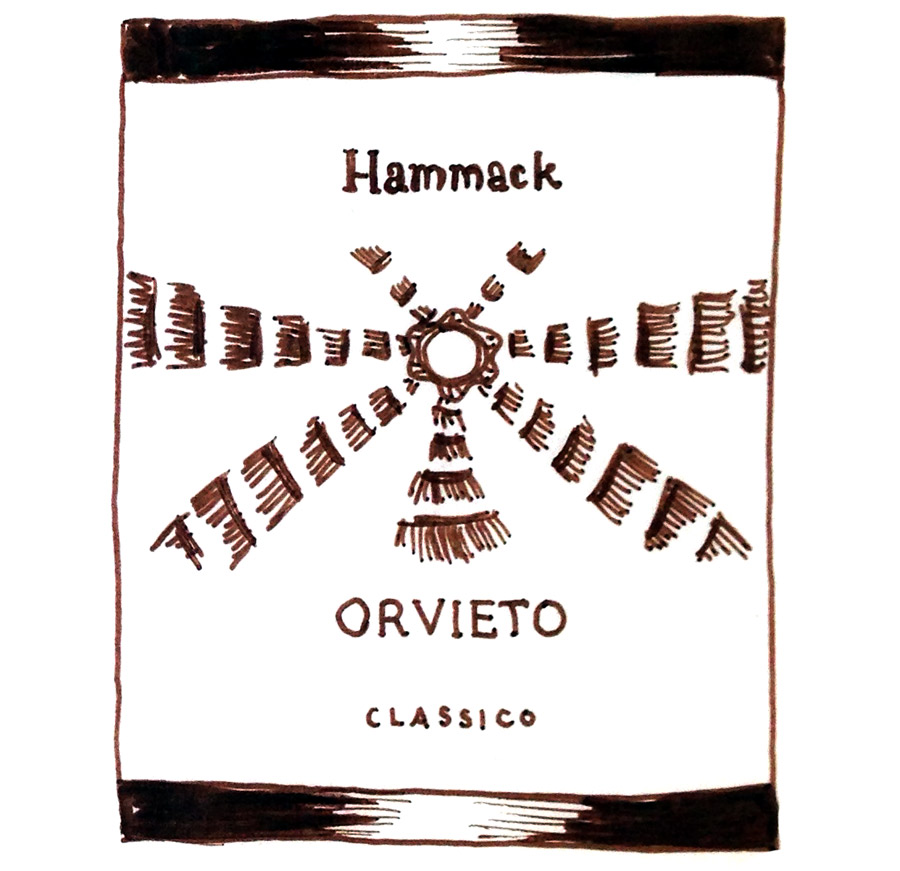
Orvieto DOC
Step aside Pinot Gris
- Blend 40% min. Grechetto, 20–40% Trebbiano and up to 40% other non-aromatic white grapes.
- Expect to spend ~$16
Tasting Notes
Find yourself an Orvieto or a wine made with the region’s star white grape: Grechetto. This white grape is typically made into a fruity but dry white wine with aromas of lemon candy, crisp opal apple, and strawberries with juicy acidity. Grechetto is a great Italian alternative to unoaked Chardonnay or Pinot Gris.
Umbria by the Numbers
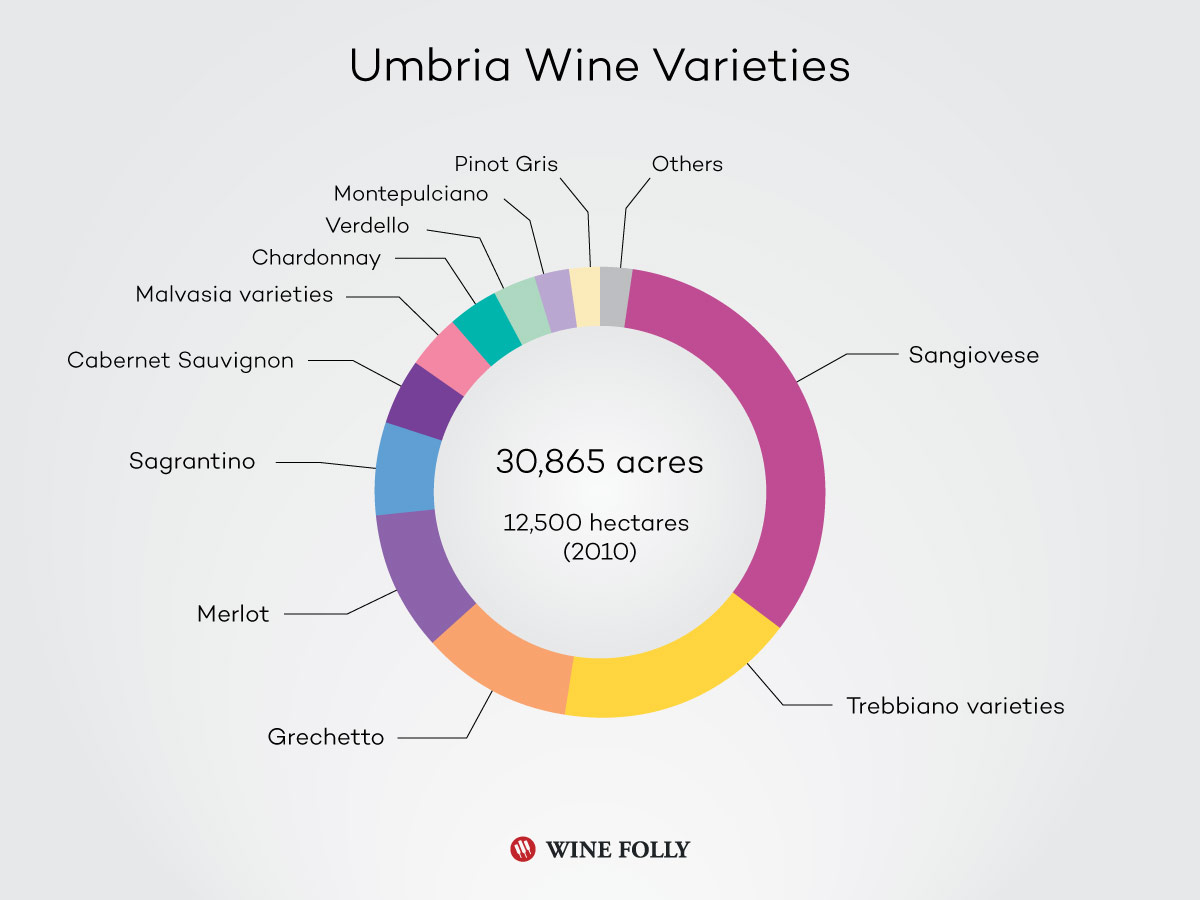
By understanding the major plantings in the region, you can get a better idea of the possible grapes used in Umbrian wine blends, including wines with the Umbria IGT label, which can include any of the allowable wine grapes of the region.
Last Word
Now that you know what to look for, all you need to do is try more Italian wine!
